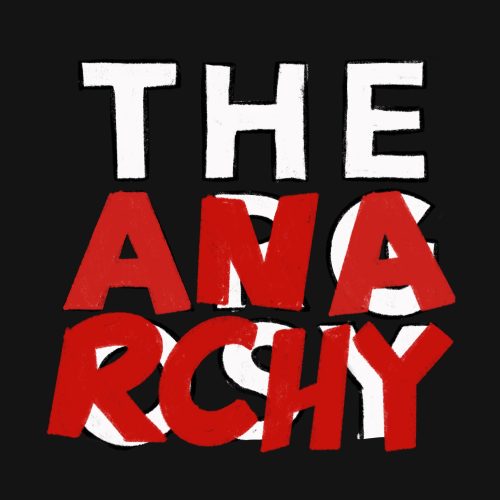Two weeks ago I wrote an editorial that slammed the idea of free education as something that would lessen the value of an undergraduate degree and decrease the quality of education. Now, I’m going to argue for the other side of the issue.
There are certain rights which ought to be granted to all human beings. This line of thinking became popular in the West after the Second World War, and has led to such social advancements as universal health care and subsidized housing for the poor.
How about education thought? Should we all have the right to read Plato, or to study particle physics until our eyes bleed?
The answer to those questions is a resounding ‘yes.’ Education is one of the best ways for an individual to achieve self- improvement. The entire purpose of taxes is for creating and maintaining institutions that help individuals improve themselves and thereby improve society as a whole. Taxation is indeed a necessary evil and thus it is only right to use it to help those who gave up portions of their hard earned pay to improve their lives.
Higher education helps to better an individual in ways beyond the classroom and textbook readings. For me personally, I came to Mount Allison as unconfident seventeen-year-old with little direction in life and no idea what I wanted my life to be. Education has given me the opportunity to make mistakes and learn from those mistakes. If someone in the work place had made some of the mistakes I did in my first and second years the consequences would have be much worse. Sleeping through a psychology exam in first year will result in a bad grade; in the workplace it could get you fired. University gives you the opportunity to learn life lessons at your own pace, rather than at the demanding pace of an employer.
I think that it is clear that higher education is something that has the potential to better any who participate in it. Its implementation actually would not harm the quality of higher education in Canada.
Government-funded tuition may lead to increased enrolment in post-secondary educational institutions. A basic understanding of economics would suggest that the more individuals who hold a degree, the less valuable a degree would be. However, this does not translate into an understanding of the issues surrounding government-funded tuition. A bachelor’s degree will get someone’s name into the hiring pool at many workplaces, but it will by no means get that person hired in and of itself.
What also really matters is that resumés full of extracurriculars and positive references help an employer to separate the wheat from the chaff, and hire the right applicant. More people with undergrads does not equal more people that managed to score an impressive internship, or a glowing recommendation from a professor; extras like these are critical in securing a job in today’s economy.
On top of this, community college is becoming more and more popular. There are thousands of Canadians that enjoy learning in a practical environment and in a hands-on setting. If your dream is to work as a carpenter, free access to a history degree will not change your career choice. I fail to see how free tuition would greatly increase enrolment numbers at universities at the expense of colleges and technical schools.
When you boil it down, the benefits to government-funded tuition are many and the draw backs are few. If we are going to pay high taxes they might as well be going toward something can be useful like eliminating tuition fees.





